This post is my last for 2019. Please return on January 2, when I will resume my weekly look at contemporary literature. Find below my attempt to create a poetic form known as a sestina. The foxes we've encountered this year have been entertaining!
|
0 Comments
My Book World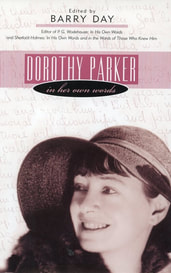 Day, Barry, editor. Dorothy Parker: In Her Own Words. Lanham: Taylor, 2004. To Dorothy Parker fans this work may seem repetitive or reductive, but Day’s book does a credible job serving as an introduction to the fascinating persona of DP. Born Dorothy Rothschild, in August 1893 (a year after my grandmother), she retains her first husband’s name throughout the rest of her life. Known for her stinging witticisms, she, by her own admission, feels insecure about her writing. She seems to swing back and forth between trying to please men and trying to establish her life free of them, as well—domestically and professionally. I double over laughing at one anecdote that Day relates and must share it here: “Mrs. Parker had a rooted aversion to [A. A.] Milne in all his pastel moods and a little history to go with it. In 1928 she had been required—in her capacity as ‘Constant Reader’—to review his latest offering, a book called The House at Pooh Corner, in which Piglet asks Pooh why he has added the phrase ‘Tiddely-pom’ to a song, and Pooh answers, ‘To make it more hummy.’ I laughed for five minutes. In bed. Late at night. I almost couldn’t go to sleep. I memorized the last few words so I could use them as a party trick, should the time arise (That’s the point when little Dicky Jespers frowed up). The book is full of such moments, but also tinged with a certain melancholy. The woman drank heavily, and I find it sad that such a bright person’s life would conclude rather unfulfilled. Still, we have her words, which should resonate throughout eternity. 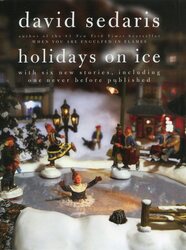 Sedaris, David. Holidays on Ice. New York: Little, 2008. Some pieces are funnier than others. And unlike most of his humor, some seem to be a bit dated. In “Let It Snow,” for example, he tells the story of his family moving from upstate New York to North Carolina, where winter snow is but a wish sometimes. After five straight days of putting up with her kids, Sedaris’s mother locks them out of the house to play in the snow. “What little snow there was would usually melt an hour or two after hitting the ground, and there you’d be in your windbreaker and unconvincing mittens, forming a lump figure made mostly of mud. Snow Negroes, we called them” (141). This phrase have been “funny” in the early sixties when this happened, less so in 2004 when published, but certainly now seems way wrong to recall that term. Wouldn’t the incident remain as funny without the racial tinge to it? At any rate, Sedaris manages to make one laugh at what makes Christmas bad and what makes it . . . good.
TOMORROW: My Book World | David Sedaris and Dorothy Parker
FRIDAY: My Book World | David Sedaris and Dorothy Parker
FRIDAY: My Book World | David Sedaris and Dorothy Parker
My Book World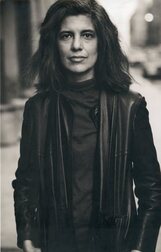 Moser, Benjamin. Sontag: Her Life and Work. New York: Ecco, 2019. So many books I would not hear of if I did not watch C-SPAN’s Book-TV on the weekends—and so much cheaper than an expensive subscription to something like Publisher’s Weekly. In hearing Benjamin Moser speak of his years of research on this biography, I knew right away I wanted to read his book. He has undertaken an encyclopedic yet nuanced telling of Susan Sontag’s life, both the good and the bad, and her works both the lauded and the reviled. Moser divides his monumental book into four major parts of many chapters of short to moderate length, allowing the reader to absorb the material instead of being overwhelmed by it. In addition to many varied sources, Moser utilizes much evidence from Sontag’s own voluminous journals. He begins with important early biography because Susan Sontag’s childhood gels her personality into one that haunts her until the day she dies. Her mother is hardly a nurturing person and helps to germinate Sontag’s many insecurities, including her body, which is eventually consumed by cancer. While though she is a brilliant intellectual and contributes much to a broad understanding of literature as well as world politics, she can be childishly petulant and hold a grudge longer than most. She tries the patience of all the people whom she purports to love. In spite of all her faults, however, Moser paints a sympathetic portrait of his subject because she does seem to be a victim of her own literary success, as well as a victim of her childhood. Moser is able to draw from many sources, including Sontag’s own words, and distill the facts in such a manner that one can understand the legend in terms that are both realistic and reverential—a must-read for fans or those (like me) who would like to know more about the subject. NEXT FRIDAY: My Book World | TBD
TOMORROW: My Book World | Benjamin Moser's Biography, Sontag
FRIDAY: My Book World | Benjamin Moser's Biography, Sontag
FRIDAY: My Book World | Benjamin Moser's Biography, Sontag
|
AUTHOR
Richard Jespers is a writer living in Lubbock, Texas, USA. See my profile at Author Central:
http://amazon.com/author/rjespers Archives
June 2024
Categories
All
Blogroll
Websites
|
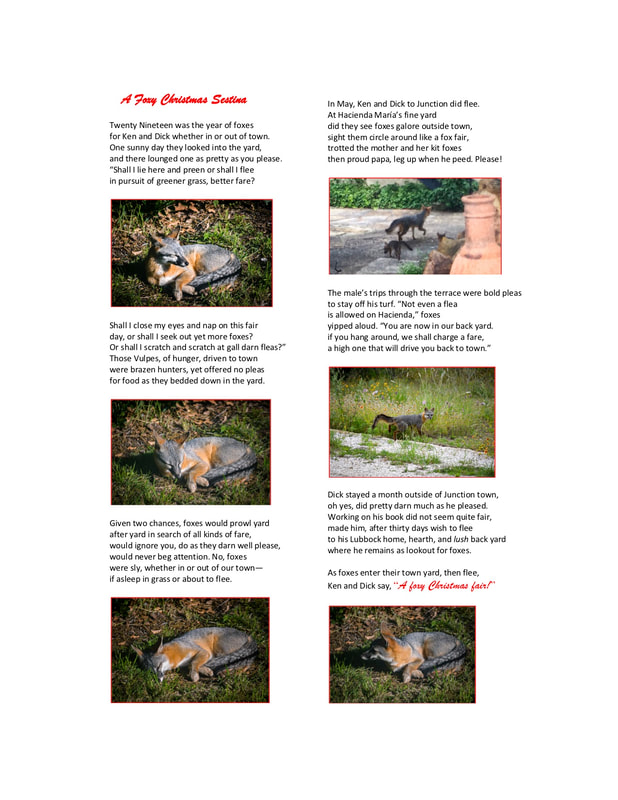

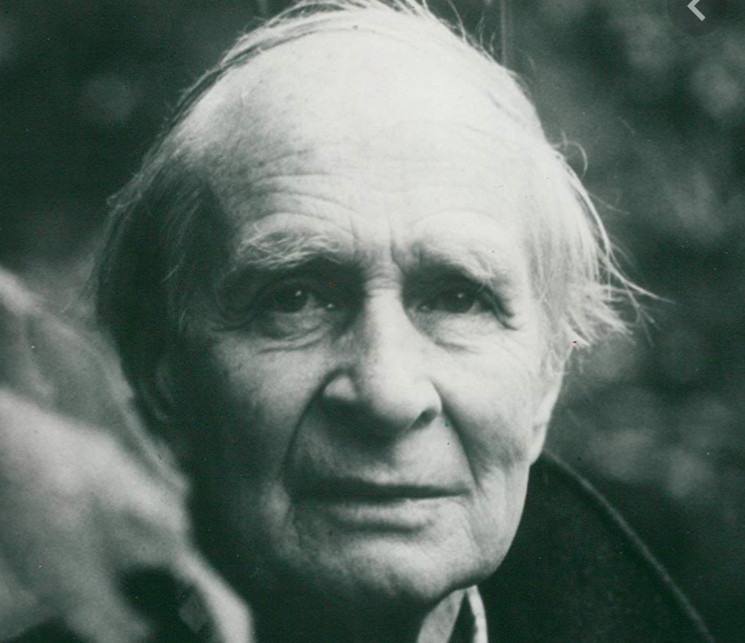






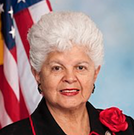
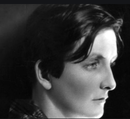

 RSS Feed
RSS Feed